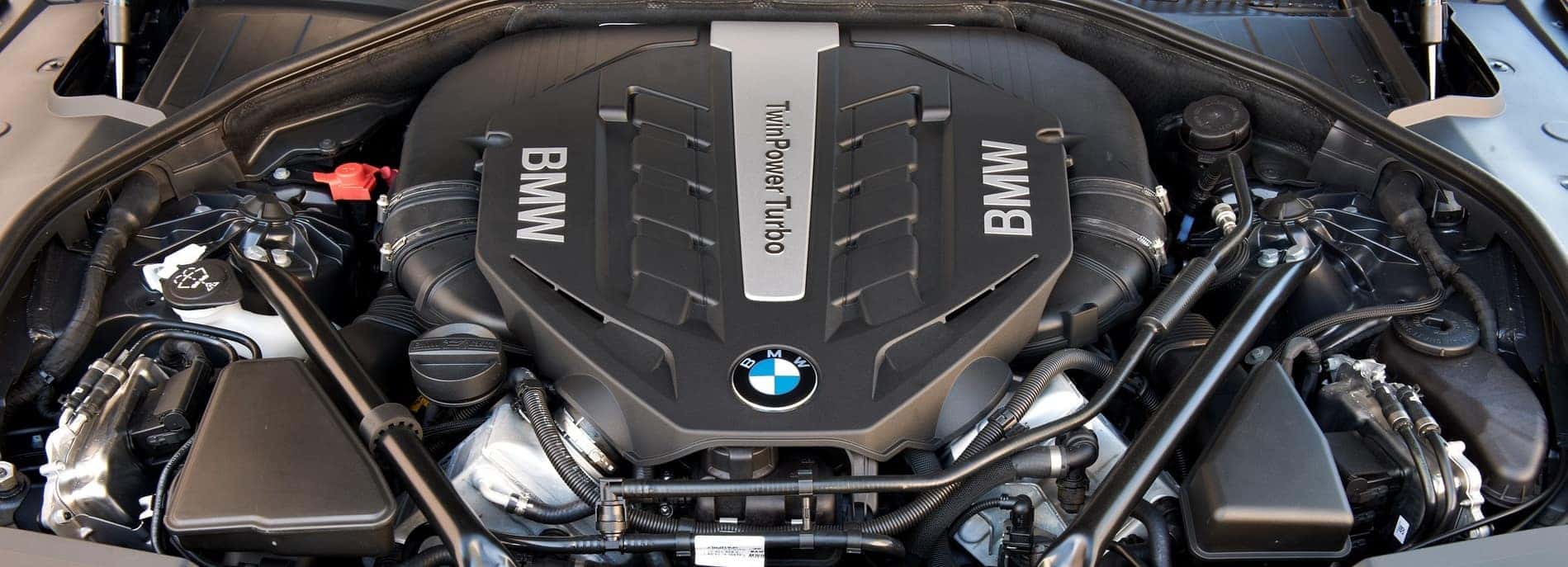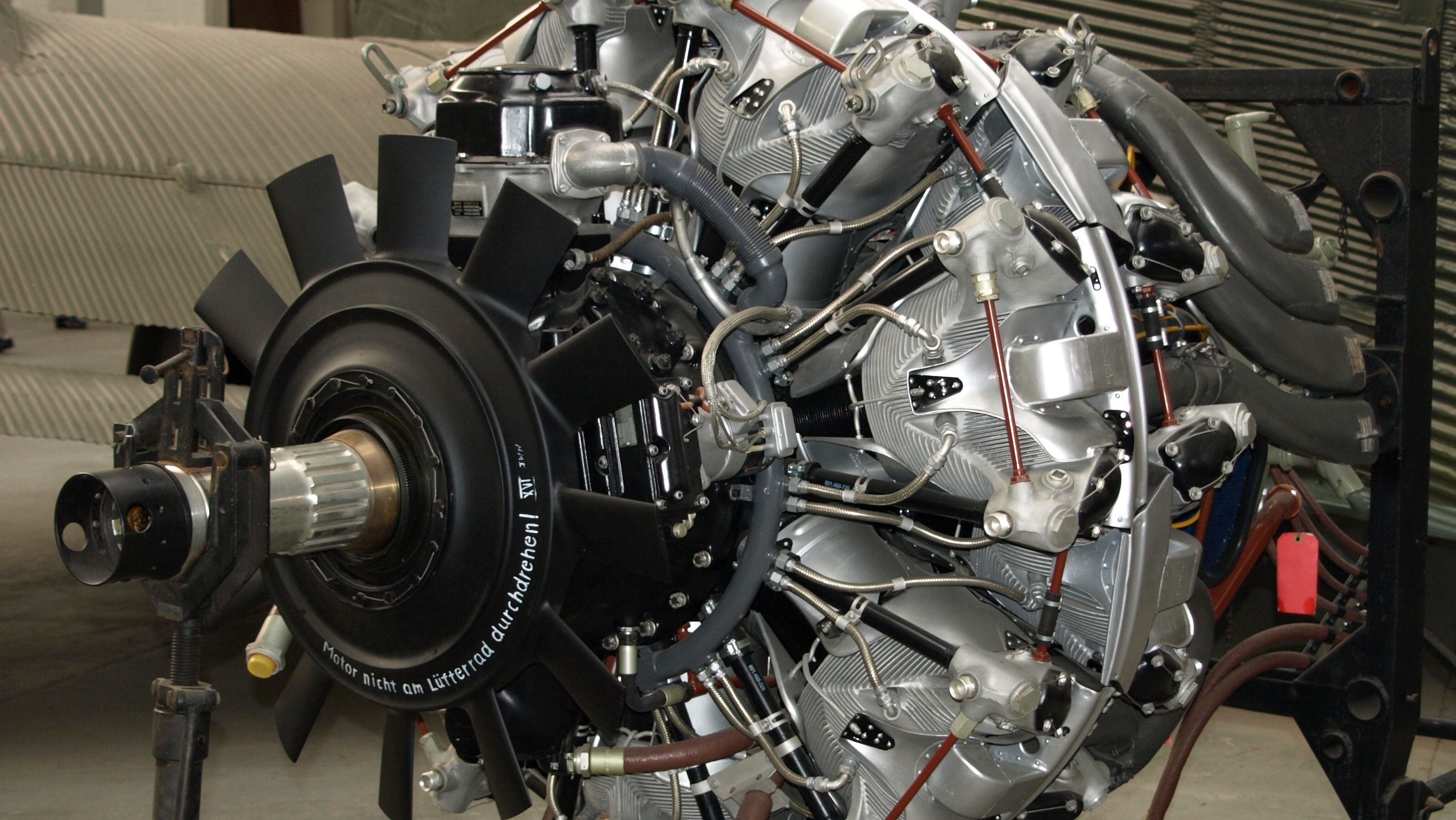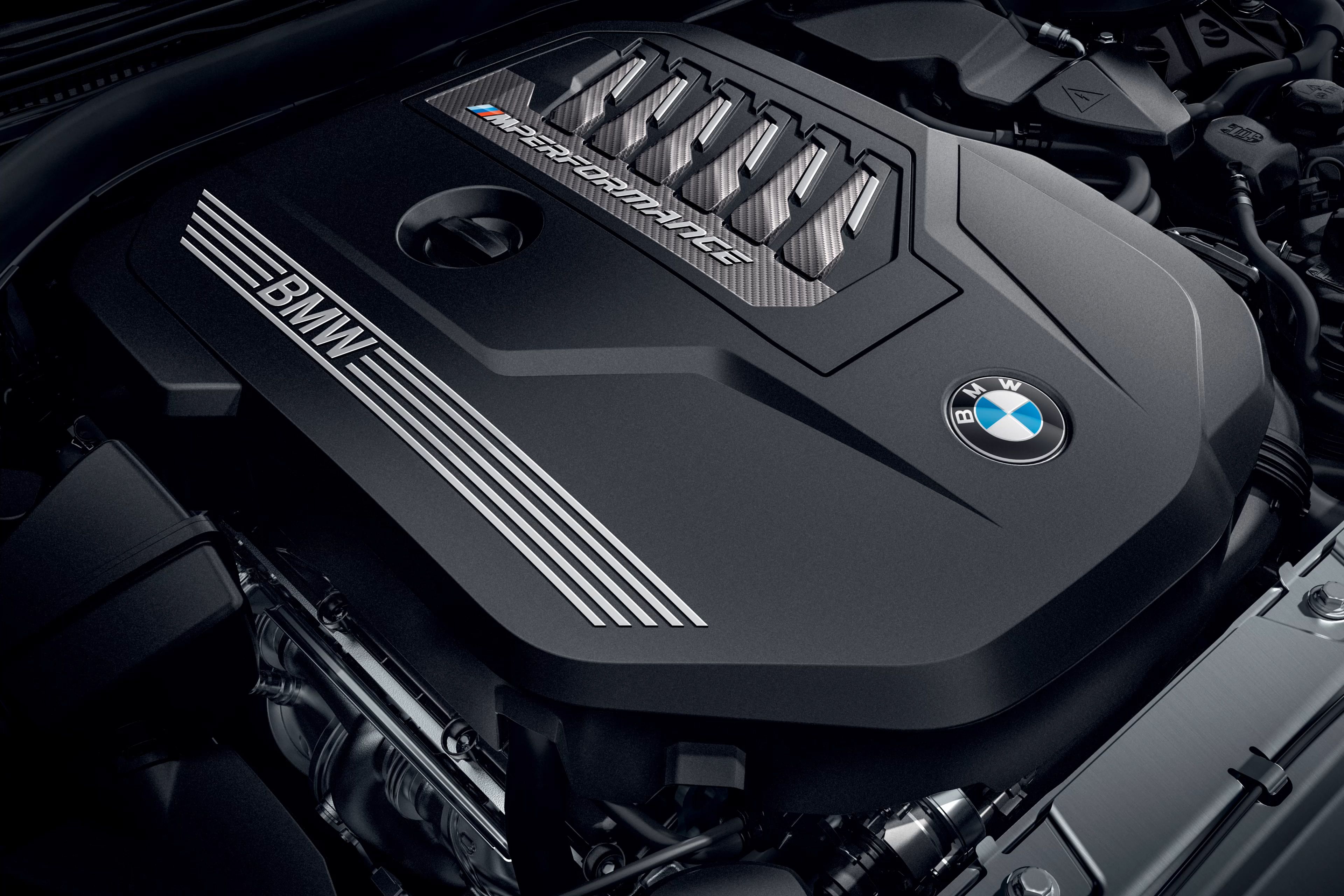Revealing the Intricacies of Next-Generation Power Units: a Deep Study Advanced Engine Styles and Advancements
In the realm of automotive engineering, the ruthless pursuit of performance, sustainability, and performance has driven the development of power systems to unmatched heights. As we base on the precipice of a new period in transport, the details of next-generation engine layouts bid us to check out the cutting-edge modern technologies and developments that promise to redefine the driving experience. From advanced products that push the boundaries of sturdiness and weight reduction to sophisticated turbocharging and turbo charging systems that raise power outcome to new degrees, each element of these power units holds a vital to opening the future of automobile design. Diving deeper right into the worlds of emission control, smart engine administration systems, and the horizon of power unit advancement, we find ourselves on the cusp of a transformation that assures to improve the landscape of flexibility as we understand it.
Advancement of Engine Materials

The change towards advanced engine materials has likewise made it possible for designers to design engines with higher power outcomes while preserving gas performance requirements. The usage of light-weight materials reduces the overall weight of the engine, leading to improved fuel economy and reduced emissions. Additionally, developments in materials innovation have enabled for much better thermal management within engines, leading to boosted dependability and durability.
Turbocharging and Supercharging Technologies
How do Turbocharging and Supercharging Technologies revolutionize engine efficiency and effectiveness in modern lorries? Turbocharging and supercharging are innovations that considerably boost engine efficiency by increasing the quantity of air consumption into the burning chamber. Turbocharging achieves this by making use of a wind turbine driven by exhaust gases to pressurize the consumption air, while turbo charging uses a belt- or chain-driven compressor to attain the exact same effect.
These modern technologies enable smaller sized, much more fuel-efficient engines to generate power comparable to larger ones, referred to as downsizing. By requiring even more air into the cyndrical tubes, turbocharging and supercharging enhance combustion performance, leading to increased horsepower and torque result without a considerable boost in engine size. This causes better acceleration, lugging capability, and general driving performance.
Additionally, turbocharging and supercharging add to improved fuel effectiveness by allowing the use of smaller engines that eat less fuel under typical driving conditions - bmw engine. This mix of enhanced performance and effectiveness has actually made turbocharging and supercharging important parts of many contemporary engine styles
Exhaust Control and Environmental Impact
With enhancing worldwide problems regarding air quality and environmental sustainability, the application of exhaust control modern technologies in vehicles plays a critical role in decreasing damaging contaminants launched right into the ambience. Modern lorries are equipped with innovative emission control systems that help minimize the ecological impact of automotive operations. Catalytic converters, for instance, are designed to convert toxic gases such as carbon monoxide, nitrogen oxides, and hydrocarbons into much less harmful substances like carbon dioxide and water vapor.
Furthermore, developments in engine innovation, such as the integration of exhaust gas recirculation systems and careful catalytic reduction, have substantially added to lowering emissions. These technologies operate in tandem to optimize combustion effectiveness and lessen the launch of damaging contaminants into the air. Additionally, the growth of crossbreed and electric vehicles stands for a critical action in the direction of minimizing the general environmental impact of the transport sector.
Intelligent Engine Management Equipment

Additionally, these systems make it possible for automobiles to meet stringent discharges standards without endangering performance, supplying a more eco-friendly driving experience. The assimilation of synthetic knowledge and device understanding abilities in engine monitoring systems remains to press the borders of what is possible, bring about further enhancements in efficiency, dependability, and total car efficiency. bmw engine. As automotive innovation advances, smart engine monitoring systems will play a critical function fit the future of transport towards an extra sustainable and reliable direction
Future Trends in Power System Growth
As intelligent engine administration systems lead the means for enhanced control and optimization in contemporary lorries, future fads in power unit advancement are positioned to redefine the landscape of auto propulsion innovations. Among the essential fads driving innovation in power system advancement is the change towards electrification. special info With an increasing concentrate on sustainability and minimizing carbon discharges, hybrid and electrical powertrains are ending up being more prevalent in the vehicle market. These alternate source of power supply improved efficiency and performance while aligning with strict environmental policies.
One more considerable pattern is the integration of advanced products and making strategies. Lightweight materials such as carbon fiber and light weight aluminum are being used to decrease general car weight, enhancing gas performance and performance. Additionally, advancements in 3D printing and additive production are making it possible for the manufacturing of complex engine parts with higher accuracy and durability.
Furthermore, artificial knowledge and artificial intelligence are playing a crucial duty in enhancing power unit efficiency. These technologies enable real-time tracking and flexible control, causing much more reliable and trustworthy power shipment. On the whole, future patterns in power unit advancement are tailored towards sustainability, efficiency, and performance, driving the vehicle industry towards a brand-new period of propulsion technologies.

Verdict
In conclusion, the improvements in engine products, turbocharging, exhaust control, and intelligent management systems have led the means for next-generation power units. The elaborate styles and technologies in modern-day engines display the ongoing evolution of automobile innovation.
Discovering the dynamic advancements in engine materials has actually been crucial in enhancing the performance and efficiency of modern engines. Over the years, the evolution of engine materials has actually played a vital role in pressing the boundaries of what engines can accomplish.The change in the direction of progressed engine products has actually additionally allowed designers to create engines with greater power outcomes while preserving fuel efficiency standards.The implementation of intelligent engine monitoring systems in modern-day lorries has actually reinvented the method engines are managed and enhanced for performance and performance. By accumulating information in real-time and examining it with advanced algorithms, smart engine monitoring systems can adjust to driving styles, ecological variables, and engine wellness to make the most of power output while minimizing gas usage and emissions.
Comments on “The Duty of BMW Engine Layout in Getting Exceptional Fuel Performance”